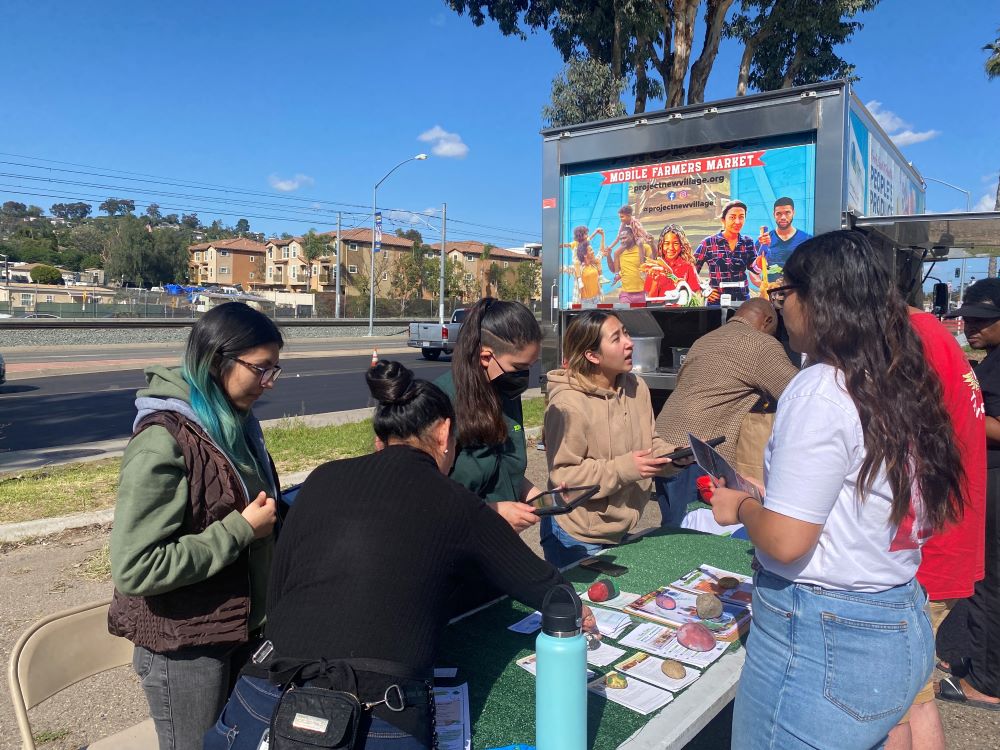Didactic Program in Dietetics
Overview

Becoming a Registered Dietitian Nutritionist
In order to become a Registered Dietitian Nutritionist (RDN) a San Diego State University (SDSU) student must complete the following steps:
- Complete the SDSU Didactic Program in Dietetics (DPD) course work, which is accredited by the Accreditation Council for Education in Nutrition and Dietetics (ACEND®).
- Earn a minimum of a graduate degree. A master's degree is required to be eligible for the RDN exam. Students who complete the SDSU DPD as undergraduate students must complete a master's degree prior to or while completing a supervised practice program, and the master's degree may be in any field. Students who complete the SDSU DPD as graduate students are eligible to complete a supervised practice program upon completion of the MS degree + DPD.
- Complete a supervised practice requirement. Individuals must complete at least 1,000 hours of supervised practice to gain real-world experience and apply knowledge learned in the classroom to the context of a variety of work settings.
- Pass a national exam for RDNs. Once you complete your degrees and supervised practice, you may schedule to take CDR's Registration Examination for Registered Dietitians to become credentialed as a registered dietitian nutritionist. This is called "RDN eligibility," meaning you have completed the requirements to become eligible to take the national exam.
- Meet requirements to practice in your state. Many states have regulatory laws (i.e. licensure) for food and nutrition practitioners. All states accept the RDN credential for state licensure purposes.
- Stay up-to-date in dietetics through continuing education. After successfully passing the national exam and earning the credential, RDNs maintain ongoing professional development in order to stay up to date on the latest research, recommendations and best practices.
Although licensure is not required in California, upon graduating and successfully becoming an RDN, if a graduate moves to another state, licensure may be required to practice. For more information about state licensure, refer to CDR’s website.
For more information about educational pathways to become an RDN please refer to the ACEND® website.
Accreditation

Accreditation Council for Education in Nutrition and Dietetics of the
Academy of Nutrition and Dietetics
120 South Riverside Plaza, Suite 2190
Chicago, IL 60606-6995, (312) 899-0040 ext 5400
http://www.eatrightPRO.org/ACEND
Contact Us
SDSU ENS
